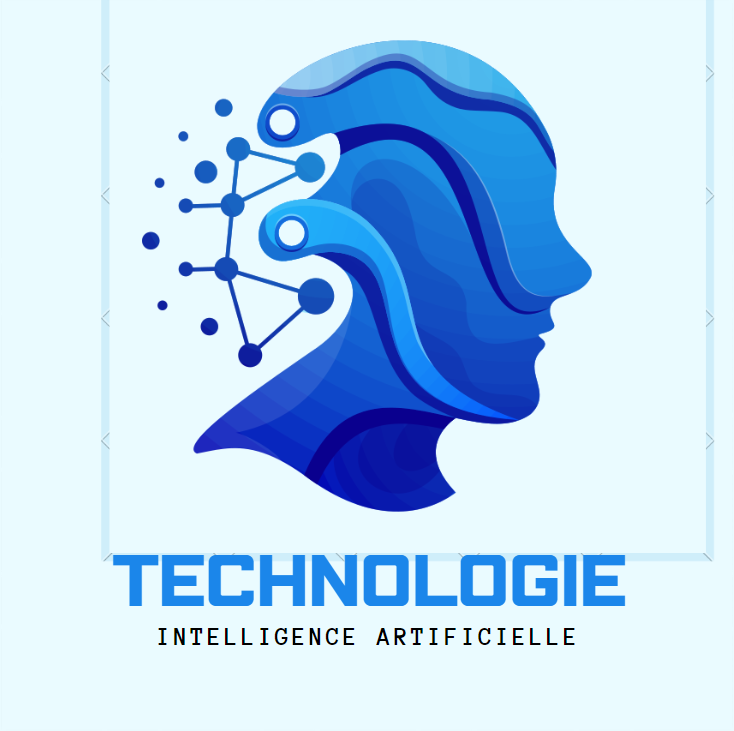ai in agriculture
In recent years, the integration of Artificial Intelligence (AI) in agriculture has transformed traditional farming methods, offering innovative solutions to age-old challenges. With the world's population on a steady rise, the pressure on the agricultural sector to increase productivity while ensuring sustainability has never been greater.
AI, with its ability to analyze vast amounts of data and make accurate predictions, has emerged as a powerful tool to address these challenges. From precision farming and crop monitoring to predictive analytics and autonomous machinery, AI is revolutionizing every aspect of agriculture. This paper explores the diverse applications of AI in agriculture and its potential to shape the future of food production worldwide.
What is the future of ai in agriculture?
The future of AI in agriculture is incredibly promising, with advancements expected to further revolutionize the industry. Here are some key aspects of the future of AI in agriculture:
- Precision Agriculture: AI will continue to refine precision agriculture techniques, optimizing resource utilization, reducing waste, and increasing yields through real-time monitoring and data-driven decision-making.
- Autonomous Machinery: The development of autonomous drones, tractors, and robots equipped with AI will become more widespread, enabling tasks such as planting, spraying, weeding, and harvesting to be performed with greater efficiency and accuracy.
- Predictive Analytics:AI will play a vital role in predictive analytics, helping farmers anticipate and mitigate risks such as weather-related events, pest infestations, and crop diseases, thereby enhancing resilience and productivity.
- Crop Improvement: AI-powered technologies like machine learning and genetic algorithms will facilitate crop improvement by accelerating breeding programs, developing disease-resistant and climate-resilient varieties, and optimizing genetic traits for higher yields and nutritional value.
- Supply Chain Optimization: AI will optimize the agricultural supply chain, from farm to table, by improving logistics, storage, and distribution processes, reducing food waste, and ensuring food safety and quality.
- Sustainability: AI will contribute to making agriculture more sustainable by minimizing environmental impact, reducing water usage, fertilizer, and pesticide use, and promoting regenerative farming practices.
In essence, the future of AI in agriculture lies in its ability to further enhance productivity, sustainability, and resilience, ensuring food security for a growing global population while minimizing environmental impact.
What are the potential benefits of ai in agriculture?
The potential benefits of AI in agriculture are numerous and far-reaching, offering solutions to many of the challenges faced by the industry. Here are some of the key benefits:
- Increased Productivity: AI helps optimize farming practices, leading to increased crop yields and higher efficiency in resource use.
- Resource Efficience:By precisely monitoring and managing resources such as water, fertilizer, and pesticides, AI reduces waste and environmental impact.
- Cost Reduction: AI-driven automation and optimization help reduce labor costs and input costs, making farming more economically viable.
- Risk Mitigation: AI predicts and mitigates risks such as crop failure, disease outbreaks, and adverse weather conditions, helping farmers make proactive decisions to protect their crops and livelihoods.
- Sustainability:AI promotes sustainable farming practices by reducing chemical inputs, water usage, and greenhouse gas emissions, while also preserving soil health and biodiversity.
- Innovation in Crop Improvement:AI accelerates breeding programs, leading to the development of new crop varieties that are more productive, resilient, and nutritious.
- Data-Driven Decision Making:AI provides farmers with valuable insights and recommendations based on real-time data analysis, helping them make informed decisions to optimize their operations.
- Supply Chain Optimization: AI optimizes the agricultural supply chain by improving logistics, storage, and distribution processes, reducing food waste and ensuring food safety and quality.
Overall, AI has the potential to revolutionize agriculture by making it more efficient, sustainable, and resilient, ultimately helping to ensure food security for a growing global population.
What are the risks associated with ai in agriculture?
While AI offers numerous benefits to agriculture, there are also several risks and challenges associated with its adoption:
- Data Privacy and Security: Collecting and analyzing large amounts of data from farms could raise concerns about data privacy and security, especially if sensitive information falls into the wrong hands.
- Dependency on Technology:Farmers may become overly reliant on AI and automation, potentially reducing their ability to make independent decisions and manage farming operations manually.
- Technology Accessibility:Small-scale and resource-constrained farmers may face challenges in accessing and adopting AI technologies due to cost, infrastructure, and technical expertise requirements.
- Job Displacement:The widespread adoption of AI-driven automation could lead to job displacement in the agricultural sector, particularly for low-skilled workers who perform manual tasks that can be automated.
- Bias and Inequality:AI algorithms may contain biases that reflect historical inequalities or preferences, potentially exacerbating existing disparities in access to resources and opportunities among farmers.
- Environmental Impact:While AI can help optimize resource use and reduce environmental impact, there is also a risk that increased agricultural intensification driven by AI could lead to further environmental degradation, such as soil erosion and water pollution.
- Overreliance on Predictive Models:Predictive analytics powered by AI may not always accurately predict complex and dynamic agricultural systems, leading to suboptimal decision-making and potential crop failures.
- Ethical Concerns:There are ethical considerations surrounding the use of AI in agriculture, such as the use of genetically modified organisms (GMOs) and the potential unintended consequences of manipulating ecosystems.
- Lack of Regulation and Standards:The rapid development of AI in agriculture may outpace the establishment of regulations and standards, leading to potential risks related to safety, accountability, and transparency.
Addressing these risks requires careful consideration, proactive regulation, and responsible deployment of AI technologies in agriculture to ensure that they benefit farmers, consumers, and the environment.
Conclusion:Artificial Intelligence (AI) is poised to revolutionize agriculture by offering innovative solutions to age-old challenges, ultimately transforming the way we produce food. With its ability to analyze vast amounts of data and make accurate predictions, AI has the potential to increase productivity, efficiency, and sustainability across the entire agricultural value chain.
التسميات
Artificial Intelligence

